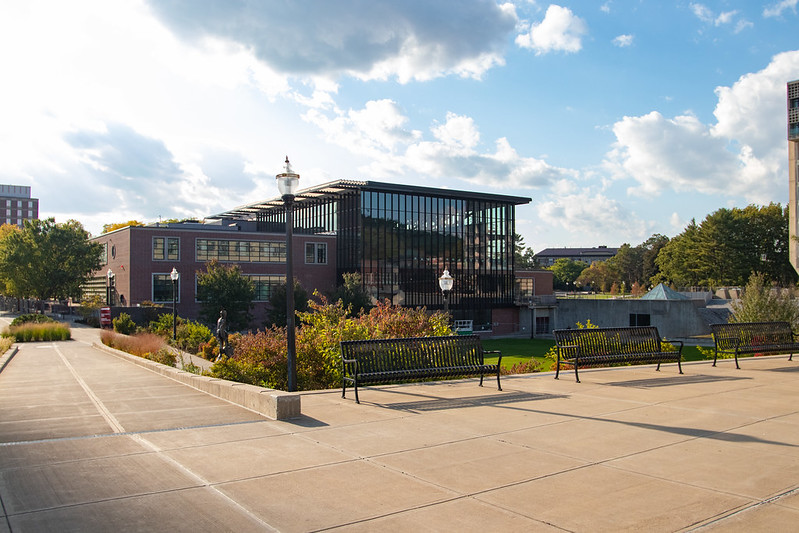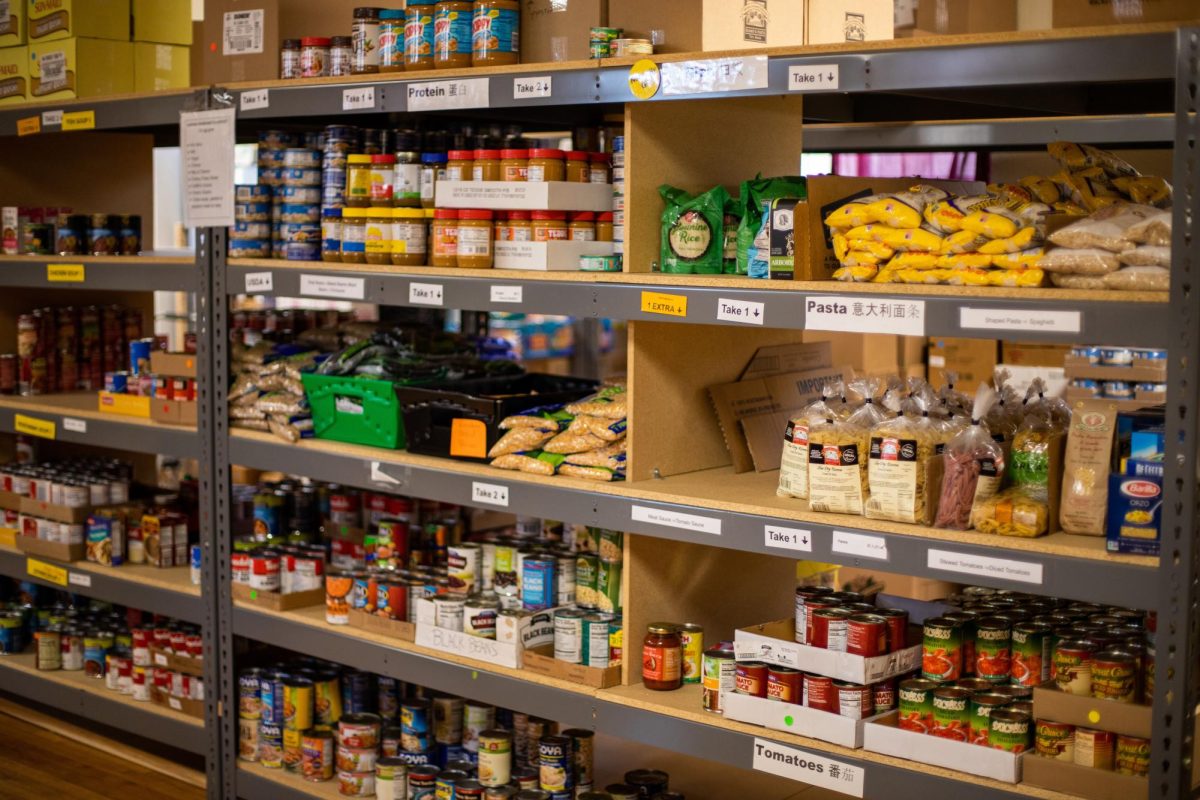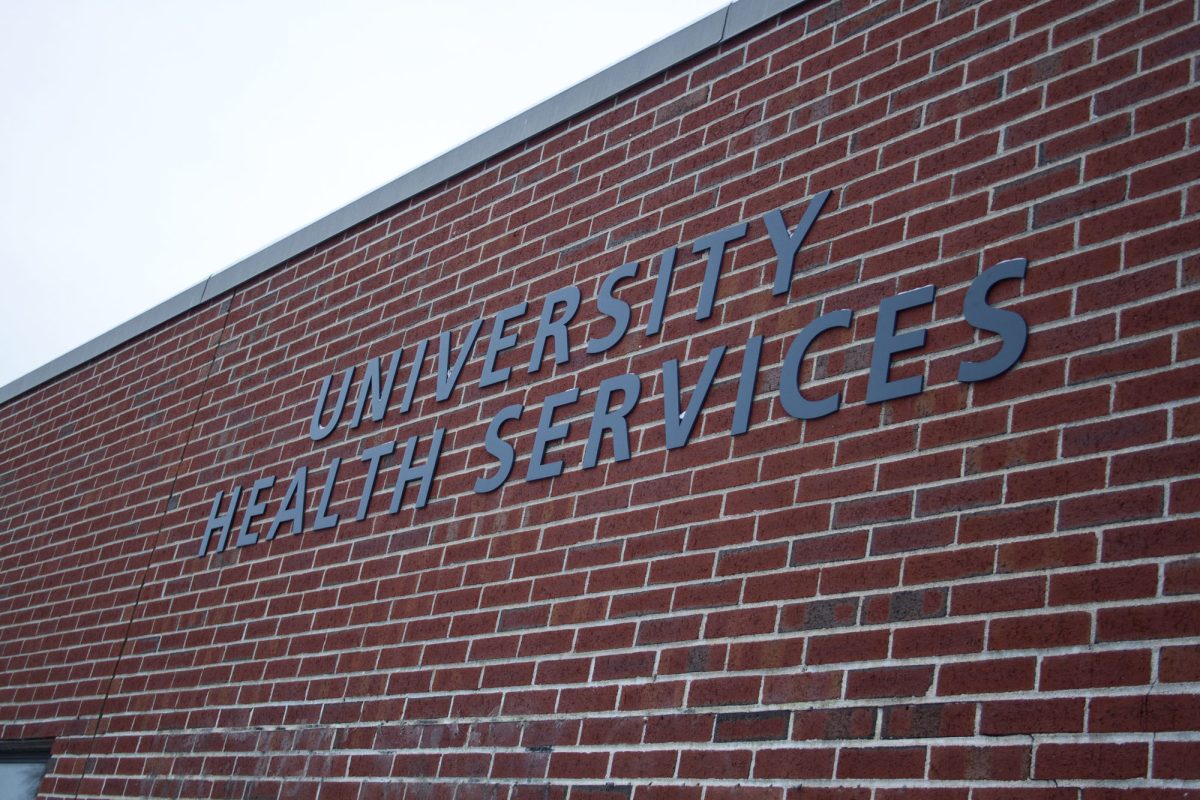
A recent study conducted by a food scientist at the University of Massachusetts, David Sela, has provided evidence to suggest certain components in breast milk could be used as a tool to improve human health.
Sela, in collaboration with a research team from the University of California, Davis, found components in human milk that could be used to manipulate the microbes living in the gastrointestinal tract, otherwise known as human microbiome.
Due to the National Institutes of Health Human Microbiome Project, a project designed to understand the impact of the microbiome in human health, it is possible for scientists to understand how environmental factors affect microbial metabolism and the human genome.
Previous research had attributed the misbalance between good and bad microbes within our microbiome composition to a variety of conditions, such as obesity, diabetes, asthma, allergies and potentially mental illness.
But pioneers in the field have begun to develop techniques that could potentially allow the colonization of beneficial bacteria and manipulate the human microbiome.
Sela is one of them.
According to his website, Sela is focusing his research on an organism named bifidobacteria. This bacterium has been found to prevent the colonization of pathogens in the gut, provide nutrients for the human host, train the immune system and digest nutrients that the host is unable to.
According to Sela, the colonization of the infant gut by bifidobacteria is essential for the health of the baby.
“In cases when the early colonization of bifidobacteria is inhibited, the establishment of enteric pathogens in the gut happens at a much faster rate, such as the case of Necrotizing Enterocolitis,” he said.
Necrotizing Enterocolitis is a relatively common disease in premature infants in which pathogens colonize the baby’s gut in the absence of beneficial bacteria.
Sela and his team conducted a series of genomic analyses with the purpose of understanding the mechanisms by which this organism interacts with the newborn, the mom and breast milk.
His team found milk is composed of a variety of sugars named human milk oligosaccharides, or HMOs. Humans are not capable of digesting HMOs, which led his team to question its purpose and effect on the microbiome.
According to Sela, the complete DNA sequence of bifidobacteria unveils an evolutionary adaptation of the species that allows them to utilize a larger range of HMOs than other strains.
He also believes there is strong evidence for him to suggest that milk from different mothers may promote the growth of different microbial populations.
Sela proposed a technique involving the administration of “HMO cocktails” to infants that cannot receive traditional breast-feeding. This could potentially improve their immune system, neural development and gastrointestinal health in the future.
This new-age prebiotic has the potential to be more effective than regular probiotics or prebiotics, which sometimes don’t contain the strains mentions, or the microbes die before they can really create an effect.
Sela believes this is a great step toward understanding the way in which milk shapes the microbiome of a nursing infant.
“We used to think of the gut as a black box,” Sela said. “Now we know that what’s inside plays a crucial role in human metabolism.”
Cecilia Prado can be reached at [email protected] and followed on Twitter at @thececiliaprado.


















